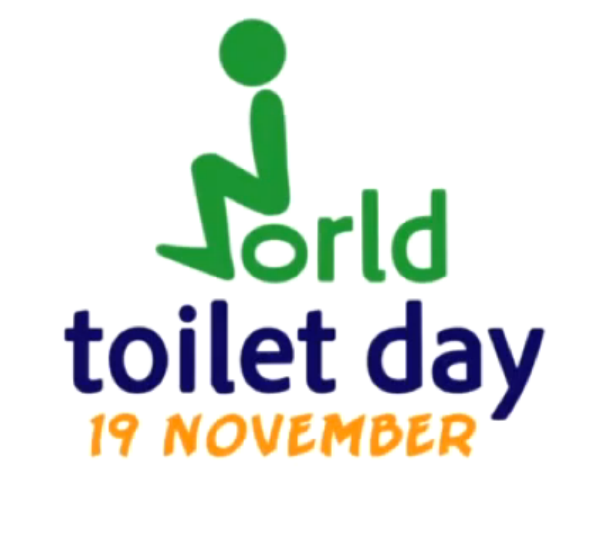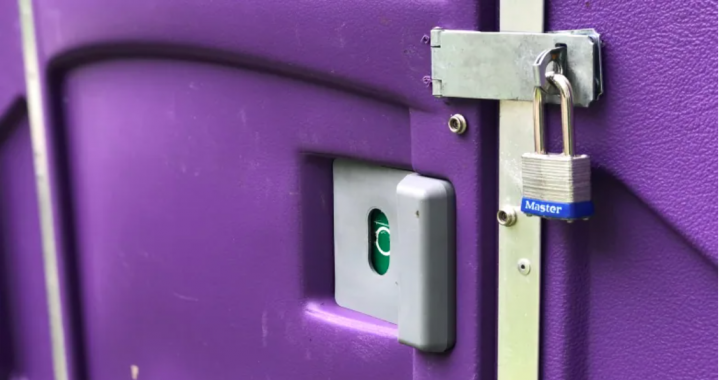Axios – Economy & Business, Dec 17, 2020
Jennifer A. Kingson
With libraries, public parks, and other municipal facilities shutting their restrooms because of COVID-19 — and many retail stores doing the same — there’s increasingly no place to “go” for people walking about town.
Why it matters: As inconvenient as the toilet shortage may be for the average person, it’s much, much worse for homeless people, not to mention delivery workers, mail carriers and taxi and ride-hail drivers.
Where it stands: The situation was bad enough before the pandemic, but now it’s so dire that people are calling on municipal leaders to reopen closed toilets and add port-a-potties.
“Before COVID-19, New Yorkers experiencing street homelessness could rely on public restrooms in libraries, recreation centers, coffee shops and other businesses to meet basic hygiene needs,” Scott Stringer, the New York City Comptroller, told New York City Mayor Bill de Blasio.
But now “unsheltered New Yorkers currently have few options for washing their hands or using the bathroom.”
The same is true in other cities. “We’re probably down thousands of restrooms,” Alison Eisinger, executive director of the Seattle/King County Coalition on Homelessness, told Stateline, the news service of the Pew Charitable Trusts.
Some homeless people in Seattle “have resorted to wearing adult diapers or using 5-gallon buckets filled with kitty litter,” Eisinger told Stateline.
By the numbers: According to Curbed, New York City has 1,100 public restrooms for 8.5 million people.
Toronto is a role model: It’s opening 79 new public washrooms this winter.
Yes, but: We’re talking about small indoor spaces where flushing creates “toilet plumes” that can spread the virus.
Operating public lavatories can be done safely, says the American Restroom Association, which issued a set of recommendations for coronavirus conditions.
The bottom line: The problem is bigger than COVID. “The lack of government operated or sponsored public toilets in urban areas and their replacement with toilets controlled by private business creates opportunities to discriminate,” writes Taunya Lovell Banks, a professor at the University of Maryland’s Frances King Cary School of Law.
Discrimination takes place “against people seeking access to those toilets based on occupation, socioeconomic status, gender-identification, race, and even medical condition.”



